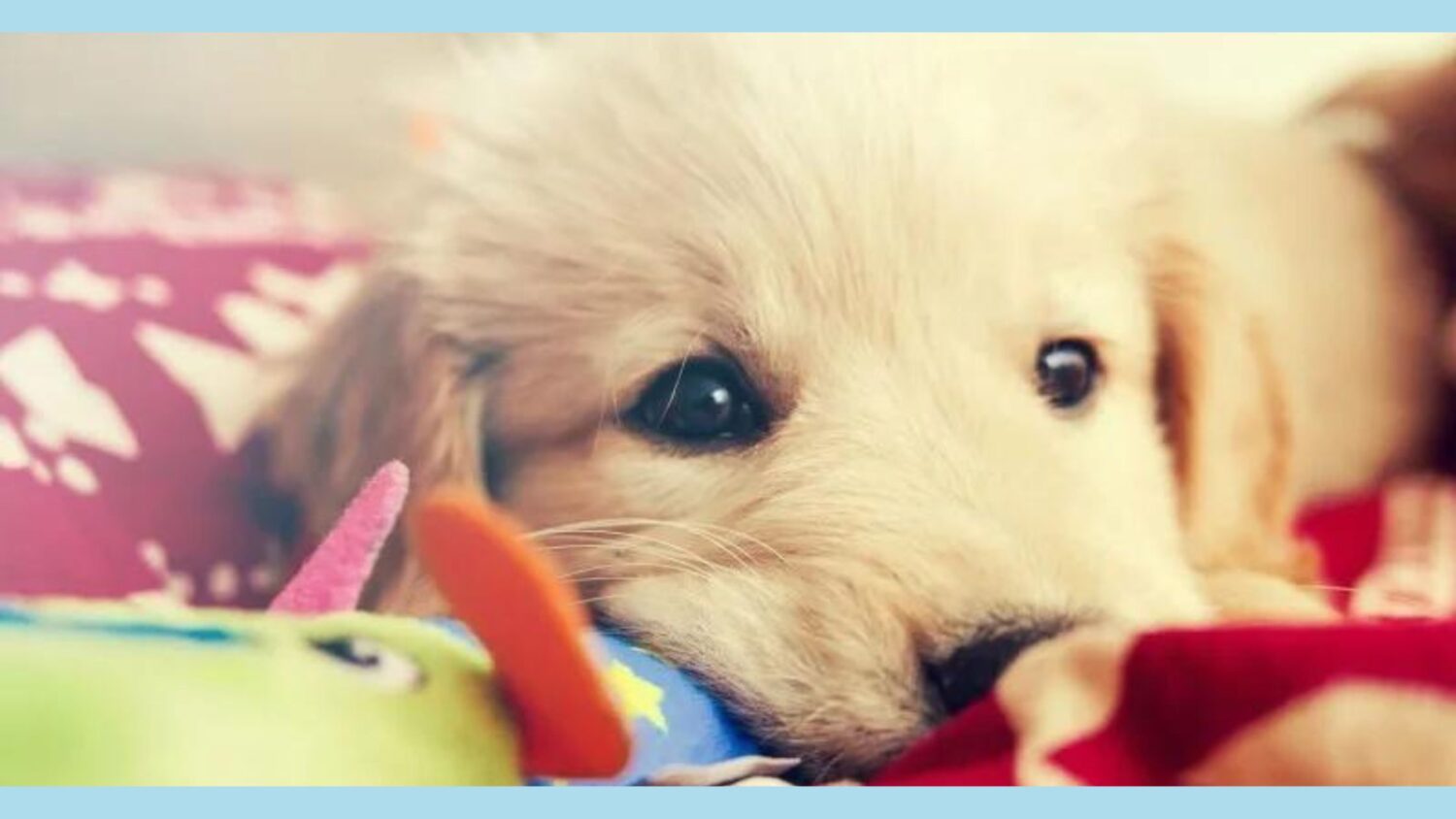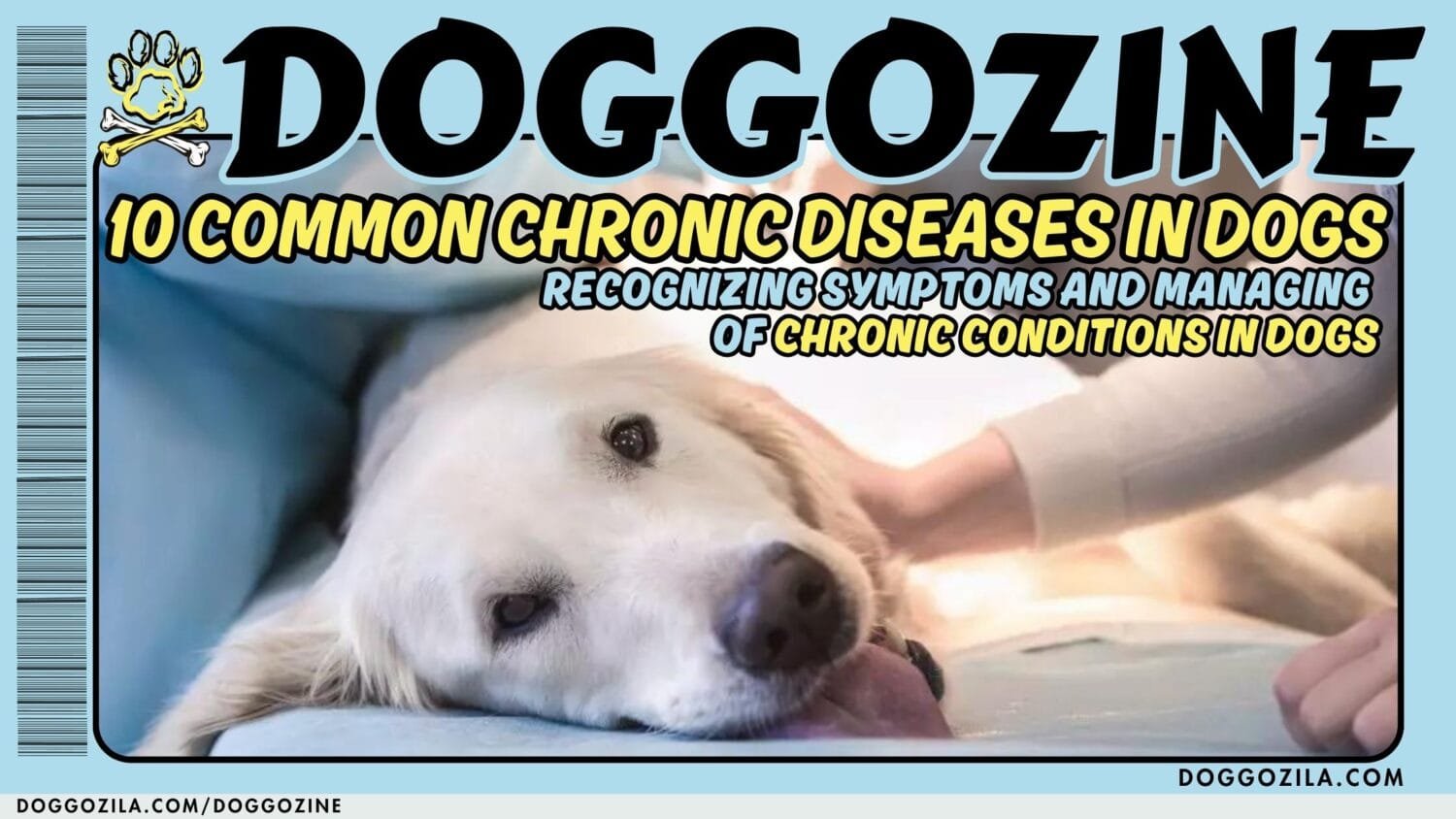
WHAT TO RESEARCH AND DO BEFORE GETTING A NEW PUPPY?
Getting a cute puppy is exciting for the whole family. But it’s wise to learn some things first. Doing your homework helps make the puppy’s new life with you go smoothly. This article gives tips on what to find out and do before adopting a furry pal.
Researching the Dog Breed That is Perfect for Your Family
When picking a puppy, start by learning about its breed. Every breed has its own personality. They need different care routines. Understanding these things shows if a breed matches your lifestyle.
Look at the dog’s size, energy level, exercise needs, and grooming chores. Some breeds may suit families with kids better. Others work well for singles or couples. Researching gives you heads up on possible health problems too.
How to Choose a Reputable Breeder or Shelter To Get A New Pup?
Once you pick a breed, find a trustworthy place to get your pup. Good breeders care about keeping dogs healthy and safe. They know a lot about that breed. You’ll get paperwork like health records and pedigrees.
Have you chosen to welcome a puppy from a shelter or rescue group? If so, make sure to ask about the pup’s background and health records. Shelters often have mixed breed puppies that can make amazing companions. No matter where you get your puppy, it’s crucial to avoid supporting cruel puppy mills or irresponsible breeders.
Why Making Your Home Puppy-Safe is Important?
Before bringing your new furry friend home, it’s important to puppy-proof your living space. Puppies are curious little explorers, which means they can get into trouble if you don’t take some precautions.
First, remove any potentially dangerous items from areas your puppy can reach, like toxic plants, chemicals, and small things they could swallow. Secure loose electrical cords and cover outlets. Consider using baby gates to block access to certain rooms, especially if there are areas you don’t want your puppy in.
Make sure your yard is secure and has no escape routes. Puppies love to dig and explore, so check that your fencing is sturdy and there are no gaps or holes they can squeeze through.
How to Prepare The Puppy Essentials?
Before your new puppy arrives, gather all the necessary supplies to make their transition smooth.
This includes:
- A cozy bed or crate
- Food and water bowls
- High-quality puppy food
- Collar and leash
- Identification tags
- Fun toys and chew treats
- Puppy training pads or newspaper
- To care for a new puppy, get brushes and shampoo
Having these things ready makes the puppy comfy and safe from the start.
Why you Need To See a Veterinary Before bringing the puppy home?
Before bringing the puppy home, see the vet. A checkup ensures the puppy is healthy and has all shots.
The vet will examine the puppy, check for any issues, and advise on vaccines, deworming, and flea/tick prevention. They’ll discuss neutering and give tips on care, food, and training.
Building a bond with a trusted vet is key for the puppy’s long-term health.
Why Setting Up a Routine for Your New Puppy is Essential?
Puppies do best with regular schedules for meals, bathroom breaks, play, exercise, and training.
Routines make puppies feel secure. This helps with housebreaking and good behavior. Consistency teaches manners and rules.
Be patient and understanding as the puppy adjusts. Puppies need time, attention, and positive reinforcement to learn and become well-behaved dogs.
Welcome Your New Furry Friend
Bringing a new puppy into your family is a joyful experience, but it requires careful preparation and consideration. By researching the breed, choosing a reputable breeder or shelter, puppy-proofing your home, preparing supplies, scheduling a vet visit, and setting up a routine, you will be well-prepared to welcome your new furry friend and provide them with a loving and nurturing environment.

WHY BUILDING A HEALTHY ROUTINE FOR YOUR NEW PUPPY EARLY IS A MUST?
Bringing home a new puppy is so exciting and joyous occasion for whole family. As a responsible pet owner, it is important to establish a healthy routine for your furry friend right from the start. Puppies thrive on routine, as it provides them with structure, consistency, and a sense of security. Further in this article, we will explore the best ways to build a healthy routine for your new puppy, ensuring their overall well-being and happiness.
How to Establish a Regular Puppy Feeding Schedule?
One of the first steps in building a healthy routine for your new puppy is to establish a regular feeding schedule. Puppies have small stomachs and require frequent meals to sustain their energy levels. Consult with your veterinarian to determine the appropriate amount of food and the number of feedings per day based on your puppy’s age, breed, and size.
Once you have the necessary information, create a feeding schedule that works for both you and your puppy. Stick to the same times each day, as this will help regulate their digestion and prevent accidents in the house. Remember to provide fresh water at all times and avoid overfeeding, as it can lead to obesity and other health issues.
Why You Need to Set Sleep Times for Your New Puppy?
Puppies need lots of sleep to grow big and strong. Having a sleep schedule helps your puppy get enough rest. It keeps them from getting tired and grumpy. Set up a quiet, comfy spot for your puppy to sleep away from noises and distractions.
Pick a bedtime for your puppy and stick to it. This helps them get used to sleeping at that time. Don’t let your puppy sleep in your bed. This can cause behavior problems later on.
Make Time for Puppy Play and Exercise
Puppies need exercise and playtime to stay healthy. Playing and walking helps puppies use up energy. It keeps them from gaining too much weight. It also stops bad behaviors from boredom. Play with your puppy and take them for walks every day.
Different puppy breeds need different amounts of exercise. Ask your vet how much is right for your puppy’s age and breed. Don’t overdo it, especially with young puppies. Too much exercise can hurt them.
Why Setting Up a Potty Training Routine is Important?
Potty training is important for your new puppy. Having a schedule helps them learn when and where to go potty. Take your puppy to their potty area often throughout the day. Stick to the same times so they get used to the routine.
Keep a watchful eye on your new pup. Look for signs like sniffing the floor or walking in circles – that means they need to go potty. When your puppy goes outside, be sure to praise and give treats. This reinforces the good behavior. Be patient during this learning phase – accidents are normal.
Why Puppy Socialization and Training is Another Essential Checkpoint?
Socializing and training your pup are super important. Expose them to new people, animals, and places from a young age. This helps them grow into confident, friendly dogs. Sign up for puppy classes where they can practice socialization. Start basic training too.
Set aside time daily for training sessions and playtime. Use positive reinforcement – treats and praise – to reward good behavior. Stay consistent and patient. Training takes effort and time investment, but it’s worth it.
Make Regular Veterinary Check-ups Part of Your Calendar
Regular vet visits keep your puppy healthy. Schedule check-ups to ensure they’re up-to-date on vaccines, preventatives, and overall wellness. Your vet can guide you on nutrition, behavior, and any health concerns.
Discuss your pup’s routine during visits. Ask questions and address worries. Your vet can offer useful advice and support. They’ll help you build a healthy routine tailored to your puppy’s needs.
Why Creating A Caring And Nurturing Space For Your Puppy is a Must?
Creating a healthy routine is key for your new puppy. Set regular feeding times and a sleep schedule. Make sure they get plenty of exercise and playtime. Potty training should happen on a routine too. Socializing and training your pup are important tasks. Don’t forget regular vet checkups. By doing these things, your puppy will thrive in a caring and nurturing space.

TIPS FOR A HAPPY AND HEALTHY BOND WITH YOUR NEW PET PUPPY
Getting a new pet is really exciting. It could be a puppy, kitten, or older animal. But it’s vital to build a strong bond from the start. With patience, consistency and love, you can guide your new furry friend to lifelong health and happiness. Check out these tips to help you along the way.
Create a Safe Space and Establish a Routine
Before bringing your new puppy home, prepare a safe and comfy space. Provide a cozy bed, fun toys, and separate areas for food and water. Remove anything dangerous or toxic that your pup could reach. This keeps them safe.
Puppies do best with a set routine. Have fixed times for feedings, exercise, and playtime. This makes them feel secure and adds structure to their day. Stick to the same feeding schedule. And walk or play with them regularly. This keeps their mind and body active.
Practice Positive Reinforcement and Be Patient and Understanding
Positive reinforcement is a powerful tool for training and building a strong bond with your puppy. Remember always to reward them with treats, praise, and affection when they exhibit good behavior. This encourages them to repeat the desired actions and helps them understand what is expected of them.
Remember that your new puppy is adjusting to a new environment and may need time to adapt. Be patient and understanding as they learn the rules and boundaries of their new home. Avoid punishment or harsh discipline, as this can create fear and anxiety. Instead, focus on positive reinforcement and redirecting their behavior towards more appropriate alternatives.
Provide Regular Veterinary Care and Maintain a Balanced Diet
Regular veterinary care is essential for the health and well-being of your dog. Routine check-ups should be something regularly as vaccinations, and preventive treatments are recommended by your veterinarian. This helps to identify any potential health issues early on and ensures that your pet receives the necessary care to stay healthy.
A balanced diet is crucial for your dog’s overall health and longevity. Consult with your veterinarian to determine the appropriate type and amount of food for your dog’s age, breed, and activity level. Avoid feeding them table scraps or foods that are toxic to animals. Provide fresh water to your puppy at all times to keep them hydrated.
Exercise, Play Games, and Give Your Puppy’s Mind a Workout
Daily exercise is very good for your puppy’s physical and mental health. Take them on walks each day. Play fetch to get them running around. Also try interactive games to keep them active and engaged. Provide toys and puzzles that get their mind working. These challenge them and prevent boredom.
Keeping your pup clean and well-groomed is important for their health. Brush their fur regularly. Trim their nails. Clean their ears. Bathe them when needed with pet-friendly products. This keeps their coat clean and free of pests.
Socializing your pup early helps them develop well. Introduce them to different people, animals, and environments when they’re young. This gets them comfortable in various situations. It helps build confidence and prevents future behavior issues.
Love Your Puppy and Spend Quality Time Together
Most importantly, show your new dog unconditional love. Spend time with them, cuddling and playing. This strengthens your bond. It makes them feel secure and like they belong.
Be patient, consistent, and loving as you guide your new furry friend. With time, effort, and dedication, you’ll build a strong, fulfilling relationship. Your pet will bring you joy and companionship for years.

BUILDING A CLOSE BOND WITH YOUR PUPPY: SHOWER THEM WITH LOVE AND CARE
Getting a new pet is an exciting moment. You might have adopted a playful puppy. No matter what pet you bring home, you need to show them lots of love and care. This is the key to a happy relationship with your new furry friend.
The Power of Unconditional Love
Unconditional love means loving someone no matter what. When you give your new puppy this kind of love, you accept them as they are. You love them even when they do something wrong or silly. Animals need to feel loved and accepted by their family.
Humans and animals both grow happier when they feel unconditional love. Your puppy needs to know you value and care for them deeply. Showering your dog with unconditional love creates a safe, loving home for them to grow and thrive.
Spend Quality Time Together
One great way to show your new dog love is to spend quality time together. Set aside time each day to do activities your pet enjoys. For dogs, this might be playing fetch or other games. If you choose cats, try playing with toys. For rabbits, just sit and bond quietly.
During this special time, don’t get distracted by phones or TV. Focus only on your puppy. Do activities that help you connect on a deep level. This will strengthen your bond. Plus, it gives your pet fun exercise and mental stimulation to keep them happy and healthy.
Puppy Cuddle and Puppy Snuggle
Cuddling and snuggling with your puppy is a wonderful way to show them love and affection. Many animals, especially dogs and cats, enjoy physical touch and the feeling of being close to their human companions. Take the time to cuddle up with your pet on the couch, in bed, or even on a cozy blanket on the floor.
When cuddling with your puppy, pay attention to their body language. Some dogs may prefer gentle strokes, while others may enjoy a good belly rub. Respect their boundaries and let them guide you in terms of how much physical affection they are comfortable with.
Play, Travel and Discover Together with Your Dogs
Playtime is not only fun for your pet but also a great way to bond with them. Different animals have different play preferences, so it’s important to understand what types of toys and activities your pet enjoys. For dogs, playing fetch, tug-of-war, or going for a run together can be exhilarating. Cats, on the other hand, often enjoy chasing feather toys, laser pointers, or pouncing on interactive toys.
Playing together not only strengthens your bond but also provides mental and physical stimulation for your pet. It helps them burn off excess energy, reduces boredom, and promotes a healthy lifestyle. Plus, it’s a great way to have fun and create lasting memories with your new furry friend.
Reinforce Belonging and Security
Showing your pet unconditional love and affection reinforces their sense of belonging and security. When your pet feels loved and accepted, they are more likely to exhibit positive behaviors and have a higher overall well-being.
Having a routine and a safe space can help your pet feel like they belong. Give them a cozy bed or crate, set regular feeding times, and make sure they always have fresh water. Consistency and predictability can make your pet feel secure and confident in their environment.
Positive reinforcement training can also help your pet feel like they belong and are secure. Rewarding good behavior with treats, praise, or playtime helps them understand what you expect. It also strengthens the bond between you.

Quick Look: getting a new puppy in Your Family
Showing unconditional love and affection to your new puppy is key to building a strong, lasting bond. Spend quality time together. Cuddle and play. Create a nurturing environment where your dog feels loved, accepted, and secure.
Remember, the love and affection you give your puppy will be returned many times over. This results in a happy, fulfilling relationship for both of you. So, a responsible, informed approach to getting a new puppy will ensure a happy, fulfilling relationship for years. Always be patient, consistent, and loving as you guide your new furry friend to a lifetime of health and happiness.










